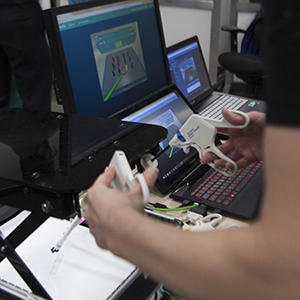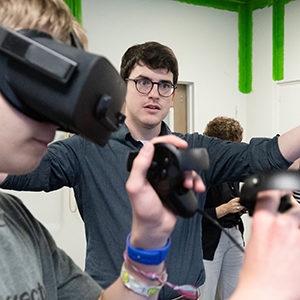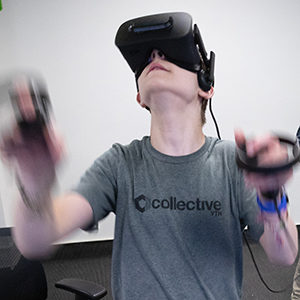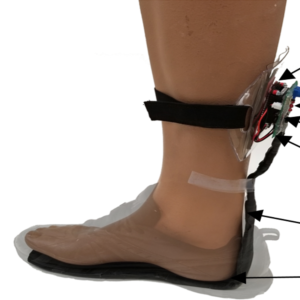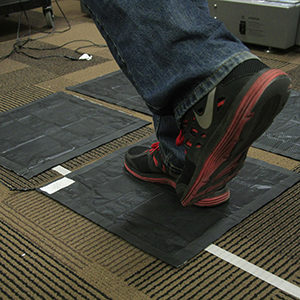Description
Affordable laparoscopic simulation helps train doctors faster

Joseph Siu, Ph.D.
Surgical training is facing a crisis. Restrictions on resident work hours have put new pressures on surgical residency: how do you train new surgeons on fewer residency hours?
The problem is especially acute for laparoscopic surgery. Minimally invasive surgery requires very particular skills that take a long time to master.
One solution is laparoscopic simulation. Medical simulation offers a solution to make the most of the time available to surgical trainees. Medical simulations must be innovative. To maximize their value, simulators must be readily accessible and provide simulations that help trainees acquire skills rapidly.
Current simulators require residency programs to choose: inexpensive simulators with unsophisticated simulations or complex, expensive simulators that provide richer simulation environments.
A team of surgeons and scientists at the University of Nebraska Medical Center invented a new simulator platform that will revolutionize laparoscopic simulation. The simulator itself is inexpensive to produce with the potential for each trainee to get their own simulator. The simulator interfaces with any personal computer. It connects over the internet to an online simulator service that simulates tasks that teach the fundamentals of laparoscopic surgery. The system captures the trainee’s performance, offers realtime feedback and evaluation and provides the residency director evaluations of each trainee.
The simulator creates a new software as a service (SAAS) business model for medical simulation. In addition it allows the latest approaches used in popular video games to create more engaging simulation environments.
By creating simulation environments that feel more like medical simulation games the new simulation platform provides new opportunities for custom simulation services to surgical residency programs.
UNeMed is looking for biomedical entrepreneurs interested in helping surgeons become more skilled, faster.
To discuss licensing opportunities please contact Tyler Scherr, Ph.D., at tyler.scherr@unmc.edu or 402-559-2140.

